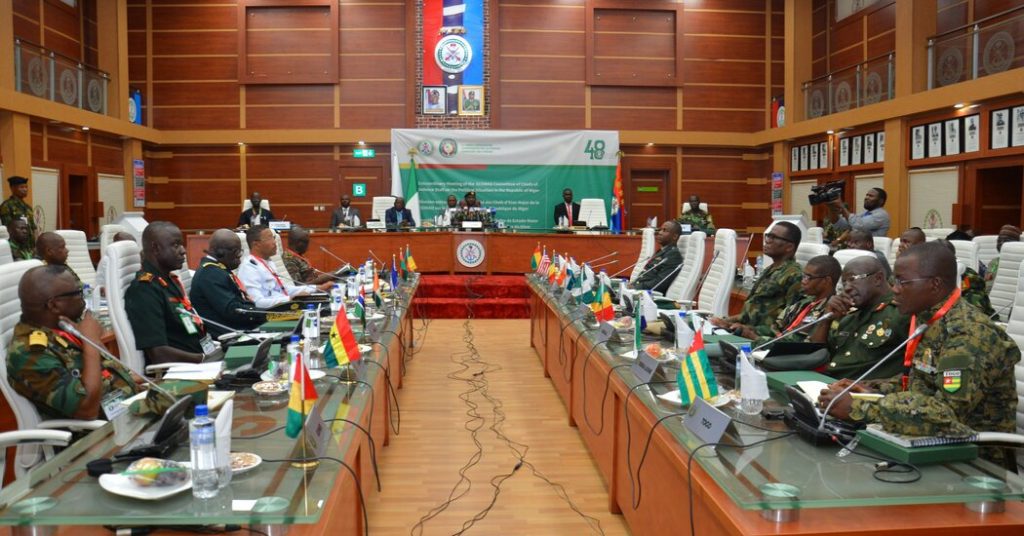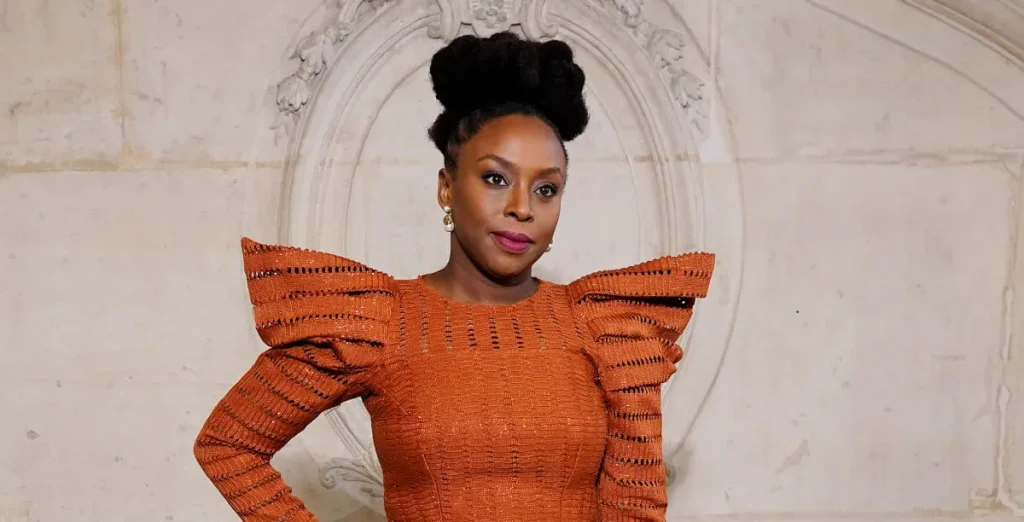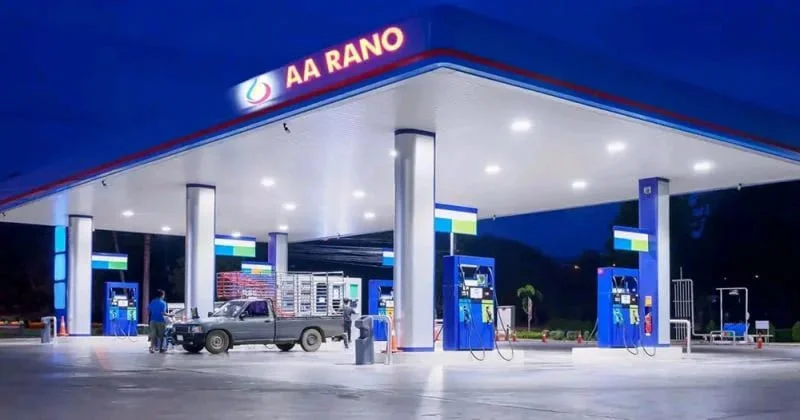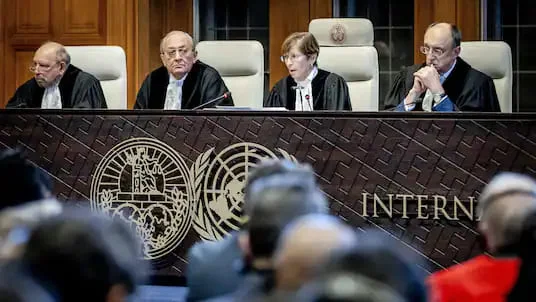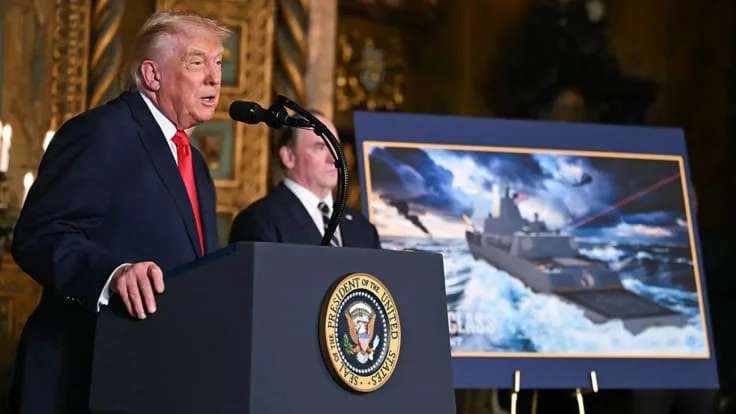In Niamey, the capital of Niger, many civilians have expressed support for the decision made by the heads of state of Niger, Mali, and Burkina Faso to withdraw from the Economic Community of West African States (ECOWAS). This move, seen as a step toward reclaiming their sovereignty, has been widely praised by the local population.
Abdoul-Madjid Soumana, a resident of Niamey, remarked, “They did well to take their destiny into their own hands because it’s the people who are suffering.” Soumana emphasized the desire for stronger actions, including potentially disengaging from any institutions perceived as hindering the country’s development. Similarly, Souleymane Tahirou supported the move, calling for broader disengagement from institutions that could obstruct the growth of the nation.
The leadership of Mali, Niger, and Burkina Faso has accused ECOWAS of working with major global powers to destabilize their nations. They argue that the bloc’s sanctions are illegal, inhumane, and illegitimate, contributing to the worsening living conditions in their countries. Nassirou Bodo, a social and political activist, claimed, “We suspect that France is manipulating ECOWAS,” pointing to actions by leaders of neighboring countries, such as Nigeria and Côte d’Ivoire, who have maintained ties with France.
Bodo highlighted that ECOWAS has failed to demonstrate solidarity with member states facing difficulties, stating, “Instead of trailing behind ECOWAS, if ECOWAS itself doesn’t want to engage in dialogue, I don’t see how we can remain part of an organization founded on solidarity.”
The three countries are now focused on creating a new cooperative alliance, known as the Alliance of Sahel States (ESA), to foster regional development. Although their landlocked nature presents challenges, other countries with access to the sea have offered assistance. Meanwhile, ECOWAS has expressed its willingness to seek negotiated solutions, signaling an openness to dialogue despite the ongoing tensions.

